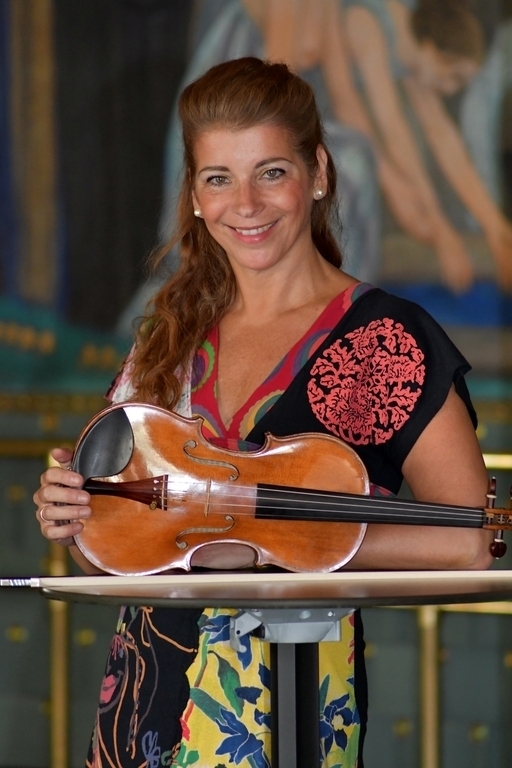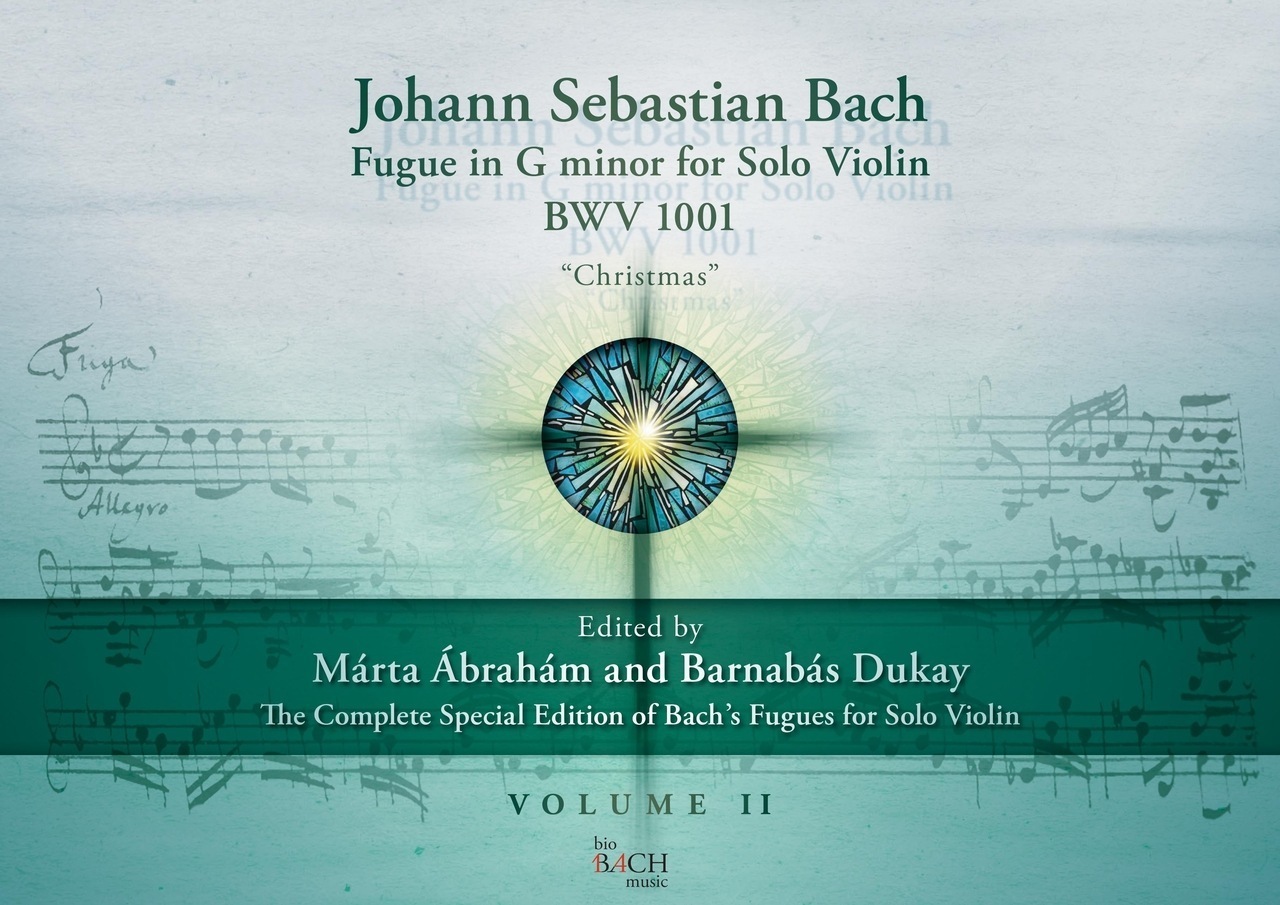Two Hungarian professors in the world’s most prestigious string journal, The STRAD magazine

Franz Liszt Academy violin professor Márta Ábrahám and composer Barnabás Dukay’s editions do not venture quite into ‘the sphere of exotic beliefs’ encountered by Tully Potter in their examination of Bach’s Ciaccona, but they do link the fugues spiritually to major Christian feasts with sub-titles that have no origin with Bach.
Robin Stowell wrote an analysis of the two Hungarian professors’ works in the renowned journal, The STRAD.
In addition to Bach’s well-documented exploitation of numerology and the ‘golden ratio’, the editorial introductions (in English and Hungarian) comment on a wide range of symbolism inherent in his works and draw some conclusions that will be roundly disputed.
Famous Hungarian composer Béla Bartók’s handwritten letters archived
This projected three-volume series’ sub-title, ‘From chaos to order’, refers to its organisation of Bach’s complex, single-stave polyphony by means of a discrete visual approach. Rather than using traditional analytical terminology, the editors consider fugue as ‘a dual system’ comprising a ‘Thematic Area’ and ‘Interlude Area’.

Photo: Judit Hévizi
The Hungarian professors’ use of coloured notation to pinpoint the individual voices of the fugues demonstrates clearly both the hierarchical arrangement of Bach’s part writing and the overall architectural detail. Their analysis, though idiosyncratic, seems sound enough, dissecting the fugues for a clearer understanding of the often dense polyphony, so that violinists may reconstruct them coherently and convincingly in their performances.
The special building of the House of Hungarian Music is coming alive – Video
Further elucidation is provided by their annotation of themes in ‘Thematic Areas’ with Roman numerals and those in ‘Interlude Areas’ with Arabic numbers.
Unlike the Ciaccona publication, these editions do not include an accompanying CD of performances by Ábrahám. However, the editors and publishers have clearly given careful consideration to matters of presentation, often with practicalities of performance in mind. The score for example, is laid out in four three-page spreads in accordance with the seven sections of the editors’ analysis; but the reason for the adoption of a conventionally paginated A4 landscape format is not clearly evident.

The printed musical texts undoubtedly offer a clear visual representation of the structural framework and inner detail of each fugue, admirably demonstrating their coherence and facilitating prospective performers’ appreciation and comprehension of Bach’s compositional processes.
You can read the full review by Robin Stowell at The STRAD.
Source: Thestrad.com





